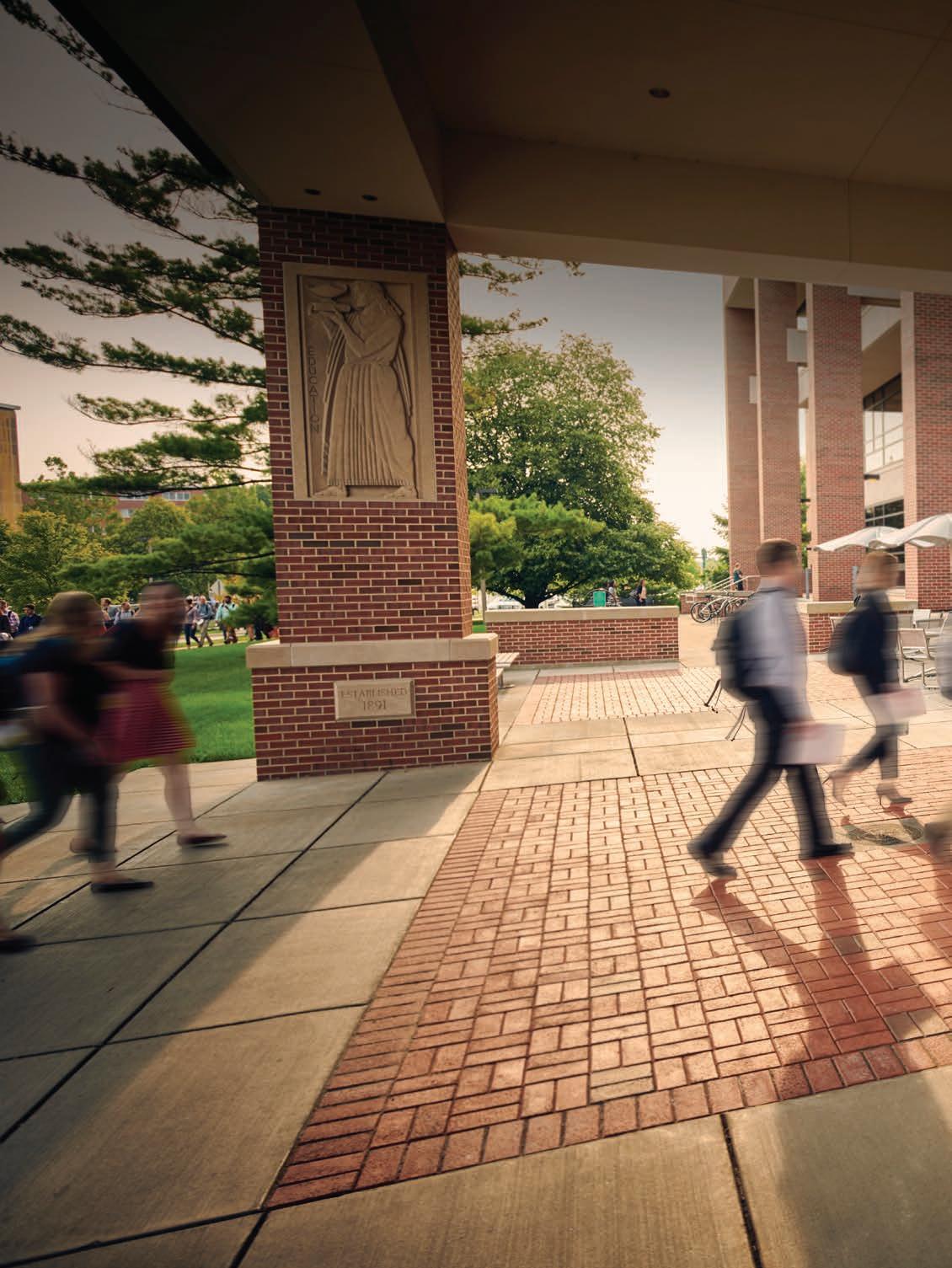

MICHIGAN STATE UNIVERSITY COLLEGE o f LAW

Your legal career doesn't begin when you graduate. It starts when you walk through the door of your first class on your first day of law school.
One-on-one advising and meeting with employers early on allow students to explore practice areas and decide on where they see their careers – and their lives – heading.
— ALANA GLASS Assistant Dean for Career Development
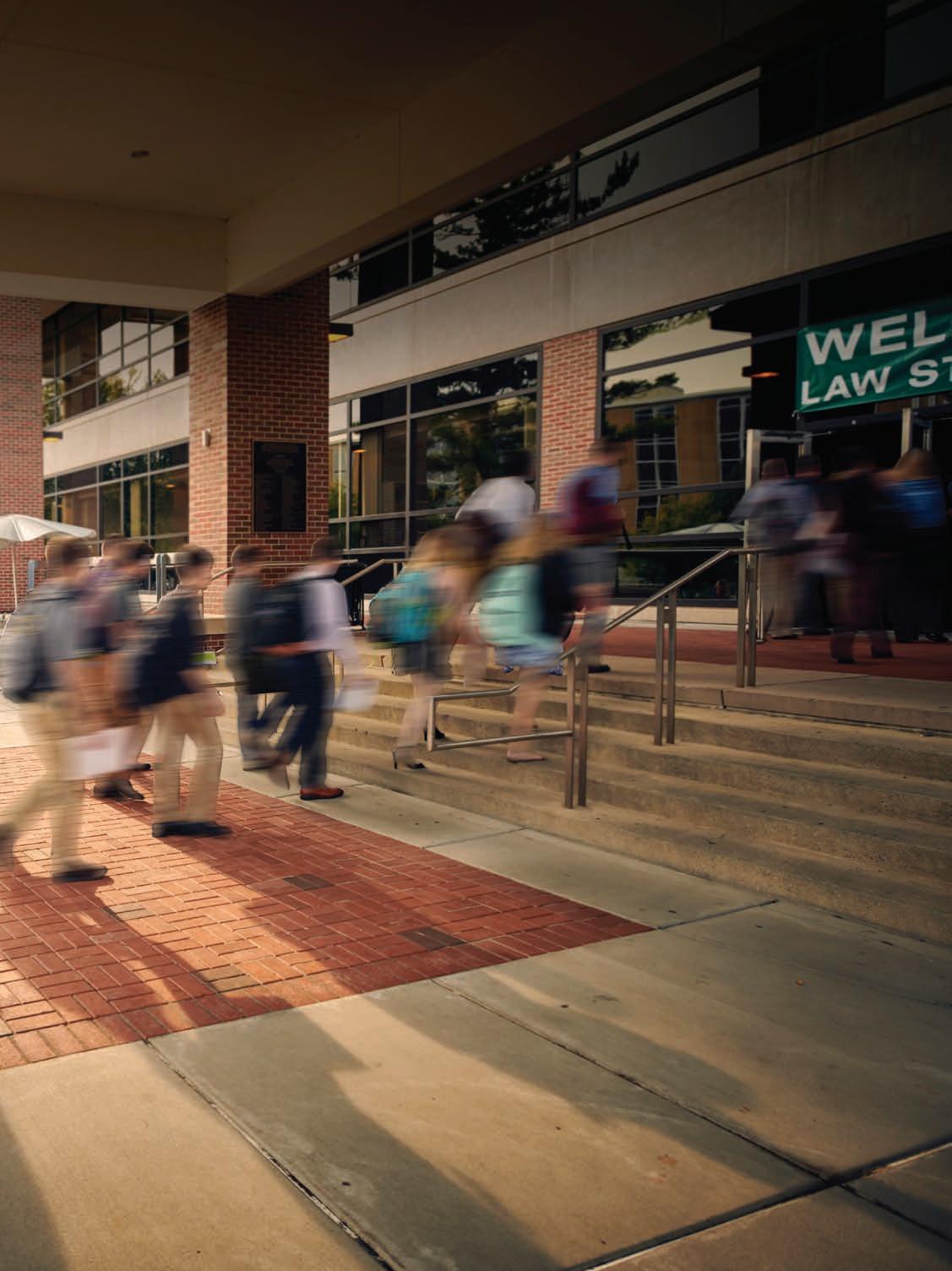
CAREERS BUILT FOR IMPACT. BACKED FOR LIFE.
MSU Law grads don’t just pass the bar. They raise it.
MSU LAW GRADUATES GET TO WORK. As part of the Big Ten, they join a global network of more than 544,000 living alumni. No law school places more graduates in Michigan than we do—but wherever you want to go, we’ll help you get there.
Whether you are a first-generation student or come from a lineage of lawyers, our Career Services’ customized advising will help you achieve your career goals. Within a few short years, you will exit law school with the knowledge, skills, and purpose to make an immediate impact. We look forward to supporting you on this life-changing journey.
Our expert advisors help you discover the area of law you’d like to practice and where you see yourself working, including:
• L aw Firms: A significant portion of graduates work in law firms of all sizes.
• Business/Industry: Some graduates pursue careers in corporate legal departments or in-house legal counsel positions within various businesses.
• Government: Graduates are employed in government agencies and public service roles.
• Public Interest: Many graduates work for non-profit organizations and legal aid agencies, addressing social justice issues.
MORE THAN 92% OF OUR 2024 GRADUATES SECURED EMPLOYMENT. 87% SECURED A FULL-TIME, LONG-TERM, OR JD-ADVANTAGE POSITION — THE "GOLD-STANDARD" IN LEGAL EMPLOYMENT.
Of those students:
• J udicial Clerkships: The number of graduates being offered federal and state judicial clerkships is on the rise.
WHO WILL PASS THE BAR? SPARTANS WILL.
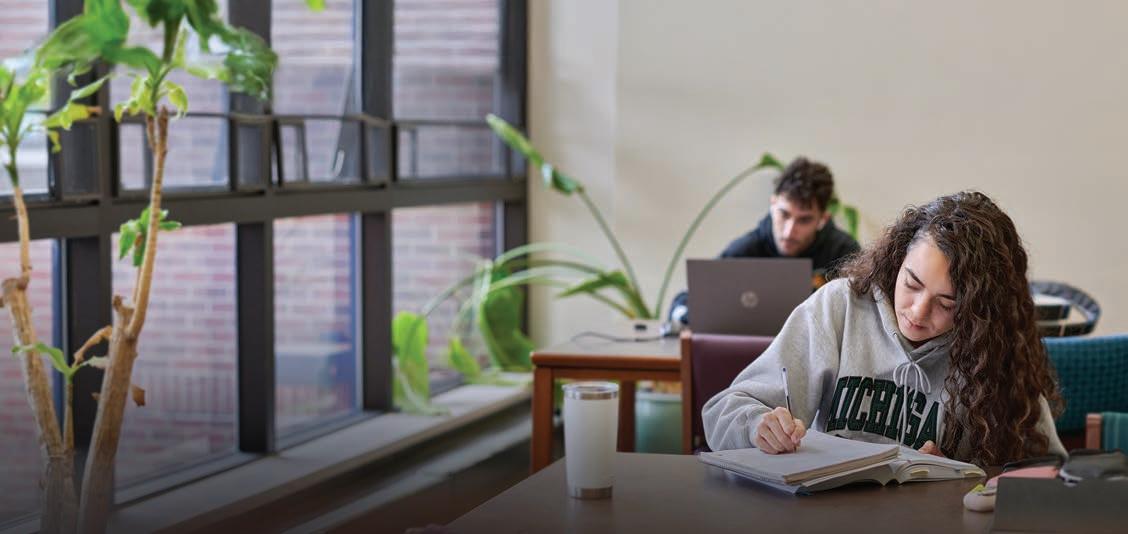
EXPERIENTIAL LEARNING
EXTERNSHIPS
Through the MSU Law Externship Program, students are placed in positions within the judiciary, non-profit organizations, governmental entities, corporations, and select law firms. The semester-long position requires a minimum of 12 to 15 hours on the job and attendance at a for-credit seminar. Some positions are paid.
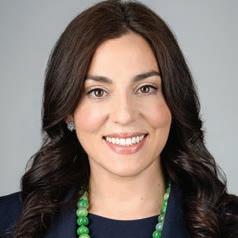
Too little attention is given to how trauma, mental health, and socioeconomic factors affect success. We are working to identify barriers and deliver a trauma-informed approach to bar preparation.
Passing the bar exam is one of the most important—and daunting—milestones on the path to becoming a lawyer. At MSU Law, helping you succeed on your first attempt is a top priority.
Externships include a seminar component through which students create a learning plan to map their objectives and goals, submit reflective writing assignments, and write a final paper.
Experiential education is an immersive approach that not only enhances students’ understanding of the law but also prepares them to be effective, empathetic, and innovative legal professionals.
— VERONICA VALENTINE MCNALLY Director of Trial Advocacy and Director of Externships
— IEISHA HUMPHREY Assistant Dean for Professionalism, Leadership, &
We’ve launched a comprehensive, multi-part initiative to support bar passage, developed in partnership with our faculty, staff, and leadership. This includes a for-credit course, Bar Exam Success Fundamentals, designed in collaboration with BARBRI and open to all third-year students.
Bar Success
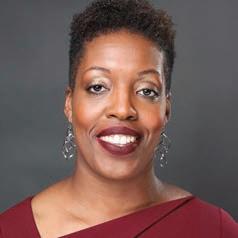
We also recognize that your success isn’t just academic. Financial challenges, health struggles, discrimination, or loss—life doesn’t pause during bar prep. That’s why we offer holistic, student-centered support that addresses the full spectrum of barriers students may face.
You’ll be prepared, supported, and empowered to take your next step. We’re with you all the way.
MSU Law's externship program connects students to a vast network of employers offering real-world training. It also helps students develop practical legal skills, build a professional network, and clarify career goals.
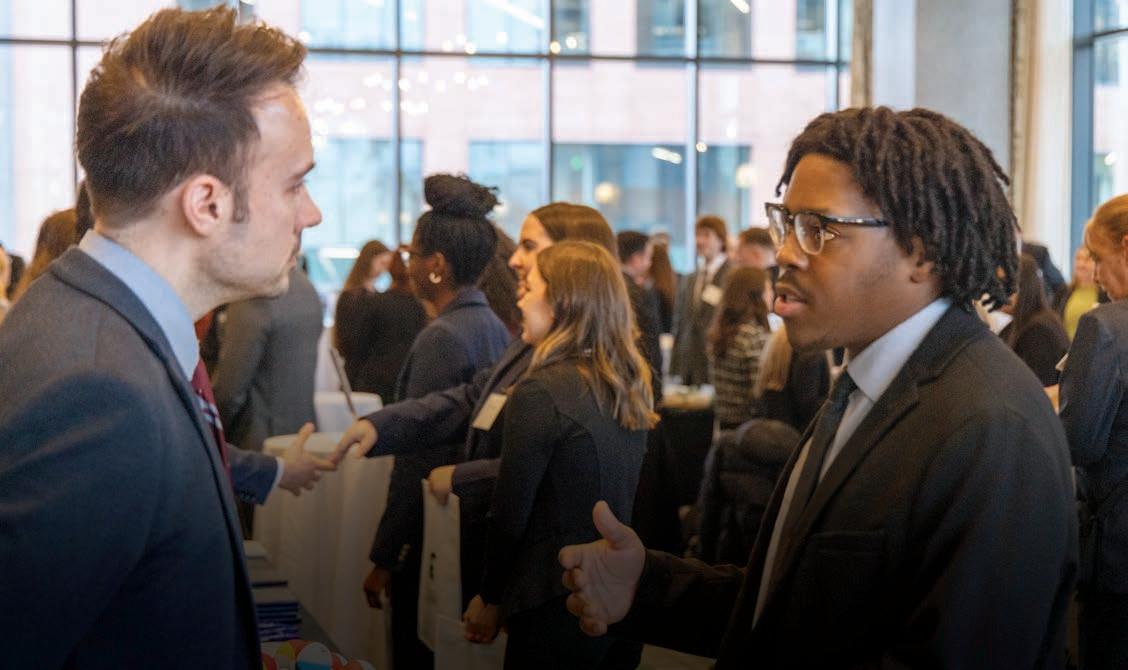
LAW CLINICS
By joining one of our law clinics, you will work on real cases with real clients. Under the guidance of nationally recognized professors, you will represent underserved communities in many important specialty areas of the law.
You’ll have the chance to apply the law outside the classroom and gain hands-on experience while exploring a wide range of legal interests.
You’ll build critical thinking skills, manage client relationships, develop a professional presence, and meet lifelong mentors and friends.
Great representation has a profound impact on clients’ lives. Clinic students use their education to resolve issues that matter.
You will represent underserved communities, including small-scale farmers in Detroit, elderly renters on the brink of eviction, refugees from global crises, unaccompanied immigrant children, and low-income families overwhelmed by tax debt.

One of our priorities is to become a national leader in experiential learning, providing students with skills for the jobs of the future and addressing the needs of underserved communities in Michigan and beyond.
— KATHRYN E. FORT Director of Clinics, Director of Indian Law Clinic, Academic Specialist
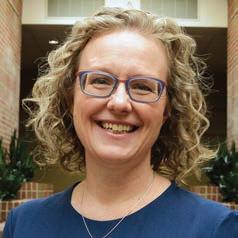
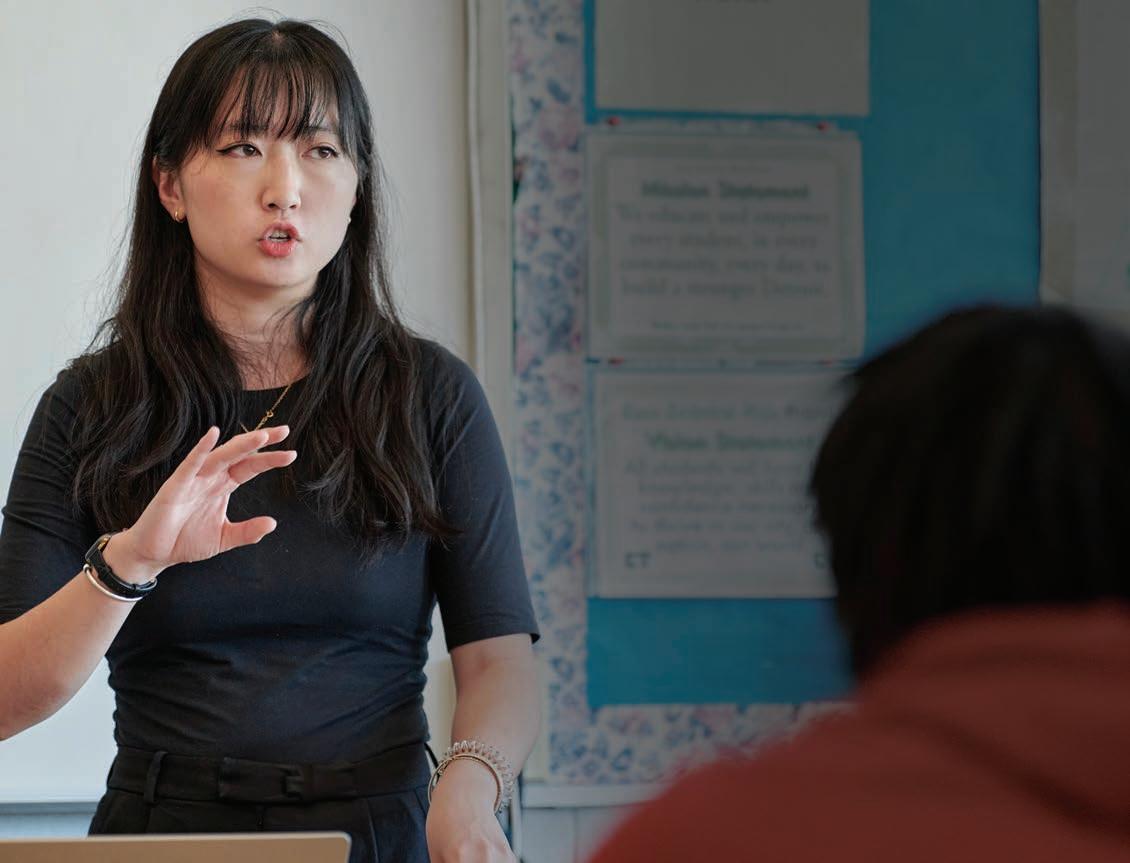
FAST FACTS
In 2024-25 academic year, 100 MSU law students:
Handled over 250 cases.
Provided approximately 23,000 hours of pro bono service.
Reached over 700 community members through educational outreach events.
Assisted a Tribal Court of Appeals in 23 appeals and two writs of habeas corpus.
Won multiple asylum cases in Immigration Court.
Filed an appellate brief challenging predatory mobile home contracts.
Represented clients in the administrative fair housing process.
Reduced a client’s liability from approximately $50,000 to approximately $2,000.
Our areas of expertise include family and child advocacy, entrepreneurship and innovation, free speech, housing, immigration, Indian law, taxpayer rights, and interlocutory appellate law.
Chance at Childhood Clinic partners with MSU School of Social Work and the Psychology Department as well as community agencies working on custody and guardianship cases and representing victims of domestic violence. The collaboration enables our students to provide holistic legal support to families and children.
Entrepreneurship & Innovation Law Clinic guides business owners through legal processes associated with starting a company and protecting intellectual property.
First Amendment Clinic educates high school students on free speech rights and provides legal advice on student press censorship. Since 2010, the clinic worked with some 5,000 students at 34 Michigan high schools.
Housing Justice Clinic assists low-to-moderate income residents with housing issues, including eviction prevention and unsafe living conditions.
Immigration Law Clinic advocates for vulnerable immigrant populations, including abused, abandoned and neglected children; crime and trafficking victims; and persons fleeing persecution. Students practice complex high-stakes fields.
Indian Law Clinic represents tribes in state and federal courts, specializing in Indian Child Welfare Act (ICWA) cases and sustainable sovereignty for Native families.
Low-Income Taxpayer Clinic celebrated its 25th anniversary in 2025. During that time, students have assisted some 4,000 clients recover over $10 million in disputed tax cases with the IRS and Michigan Treasury.
Public Defender Clinic was launched in 2024 as the only law school clinic in Michigan to represent indigent criminal defendants in pre-conviction appeals. Students traveled the state meeting with defendants, public defenders, and appellate judges.
MOOT COURT
MSU Law’s Moot Court Program is *ranked No. 1 in the nation for 2024 and 2025— beating out 200 law schools and securing a top-five spot six years running.
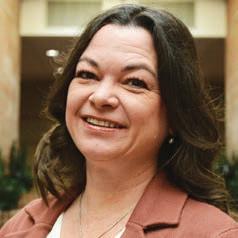
‘Practice makes perfect’ is more than a saying at MSU Law, it’s a promise. Our moot court program compels second- and third-year students to prepare briefs and argue both sides of complicated legal issues before an appellate court. It’s an intense and rewarding training ground for future lawyers.
— JENNIFER COPLAND
Associate Clinical Professor of Law and Director of MSU Law’s Competitions Program
MSU LAW REVIEW
Michigan State Law Review has published the work of some of the most influential minds in legal academia, including luminaries from the field and new voices who challenge conventional wisdom.
In 2025, we celebrated the 50th anniversary of the re-launch of the Law Review with recognition of its excellence. Washington and Lee University ranked MSU Law Review 56th among more than 200 American flagship law reviews and 68th among some 400 law review journals of all types.
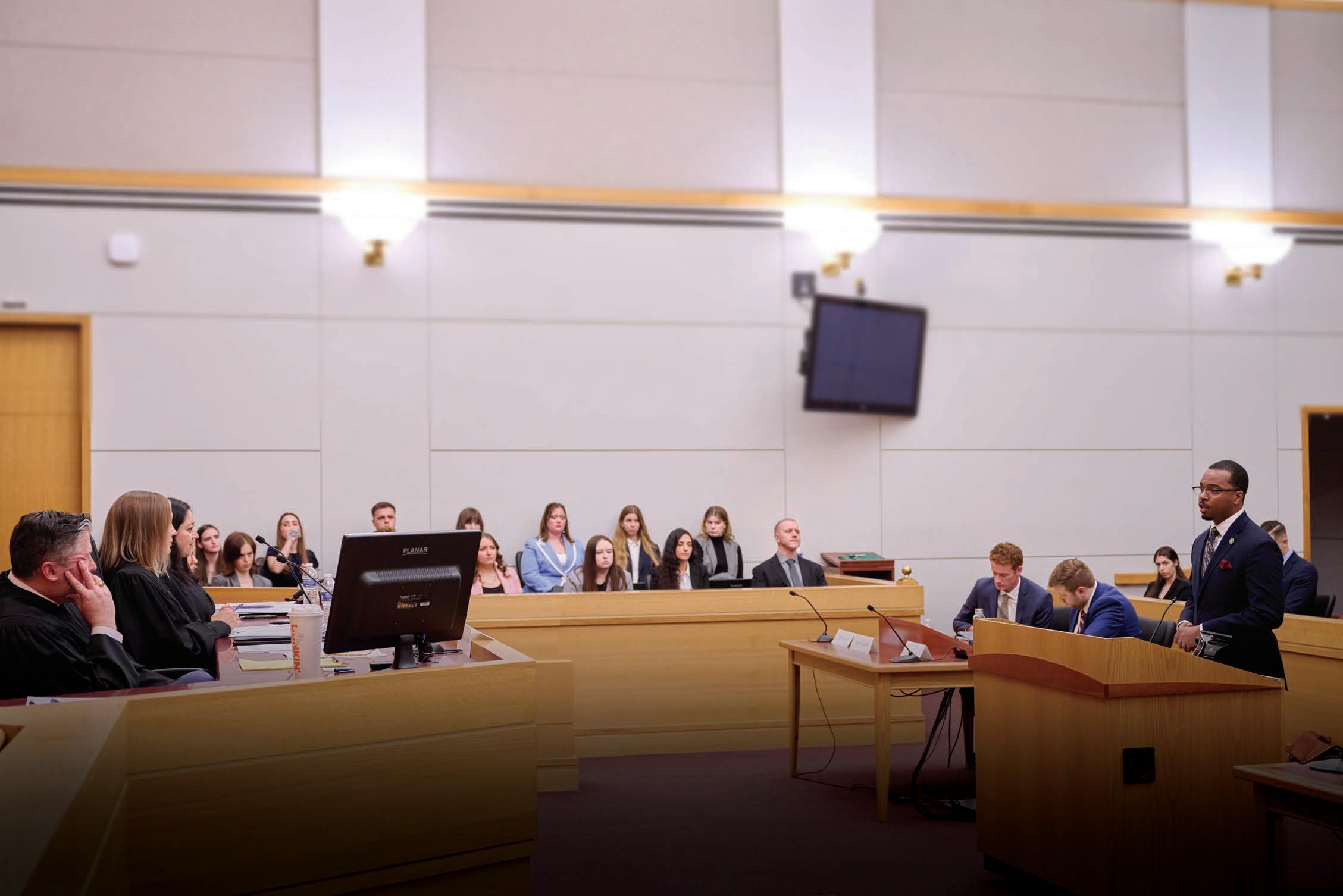
The editorial staff comprises nearly 70 second- and third-year students who work closely with international scholars who publish in Michigan State Law Review
This work not only offers important writing and editing experience, but it also serves as a way for students to develop mentorships that lead to exciting careers.
Law Review students are offered positions as clerks in federal courts around the country, as associates at reputable law firms, as legal counsel at non-profits and in public advocacy.
CURRICULUM
CORE CURRICULAR STRENGTHS
At MSU Law, our strengths in social justice, entrepreneurship and innovation, and business and regulatory law run deep. These themes are woven throughout our courses, co-curricular programs, and hands-on learning opportunities.
In social justice, you’ll learn from nationally recognized experts in immigration law, civil rights, Indigenous law, environmental and animal law, international human rights, and free speech. These courses equip you to take on the urgent legal challenges facing our communities today.
Our entrepreneurship and innovation offerings prepare you to support the future of discovery. With a focus on intellectual property, communications, and information law, you’ll gain the tools to protect groundbreaking ideas and creative works.
In the business and regulatory space, expert faculty guide students through the fastchanging legal landscape. Coursework and experiential opportunities dive into everything from global food systems and conservation law to technology and trade.
FIRST-YEAR CURRICULUM
We’ve calibrated our 1L curriculum to cover both the fundamentals of legal theory and the realities of modern legal practice. Required first-year classes set the stage for your success in law school and on the bar exam.
You’ll spend a year immersed in the principles of the law, from the nature of contracts to the power of the Constitution.
Writing is also central to lawyering. Employers care about solid writing skills, and you’ll build the foundation for professional legal writing in your Research, Writing, and Advocacy class.
You’ll learn about the legal reasoning process through writing exercises and research assignments.
Along the way, you’ll work with our dedicated legal writing experts and our incredibly supportive law librarians. Small class sizes mean personalized feedback as you build these critical skills in this demanding and important course.
RESEARCH, WRITING & ANALYSIS (RWA)
Successful lawyering is built on a solid foundation of researching, writing, and analyzing.
Our first-year students are taught the fundamentals of non-electronic legal research and writing through the assignment of problems geared to exercise their analytical and problem-solving abilities. Throughout the semester, students produce several legal research assignments, objective office memoranda, and a client letter.
Three additional RWA courses are offered with specialty concentrations:
RWA: Criminal Law Perspective
RWA: Intellectual Property
RWA: Social Justice Perspectives
THE GEOFFREY FIEGER TRIAL PRACTICE INSTITUTE (TPI)
Equips MSU Law students to become practice-ready attorneys through a rigorous two-year curriculum. TPI immerses students in every stage of trial work—from pre-trial preparation to jury engagement and sentencing—while providing hands-on training with advanced courtroom technology. Courses are taught by practicing lawyers and judges in a state-of-the-art courtroom, where students gain real-world skills, mentorship, and professional connections. With training in expert testimony and scientific evidence, from DNA analysis to accident reconstruction, TPI graduates enter the profession with the confidence and experience to excel as trial attorneys.
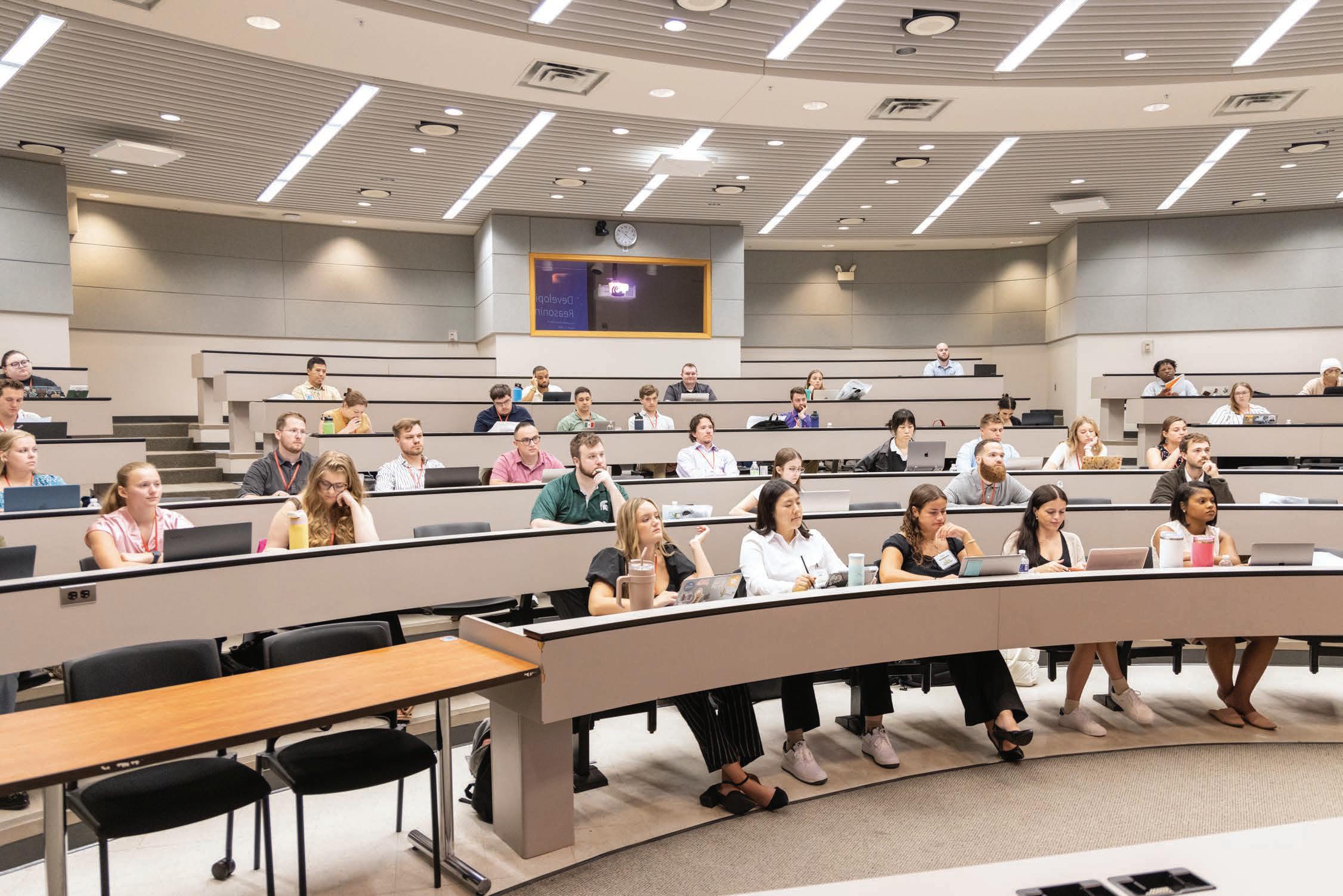
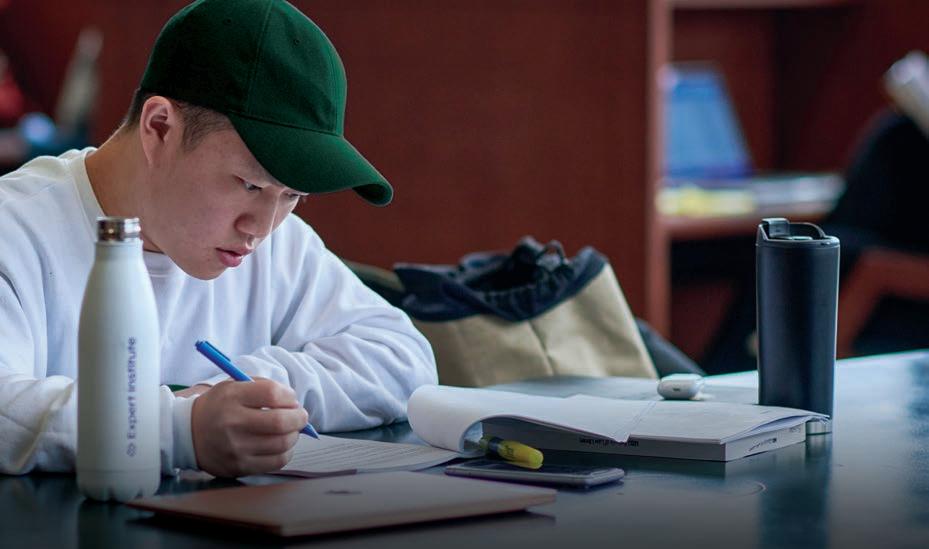
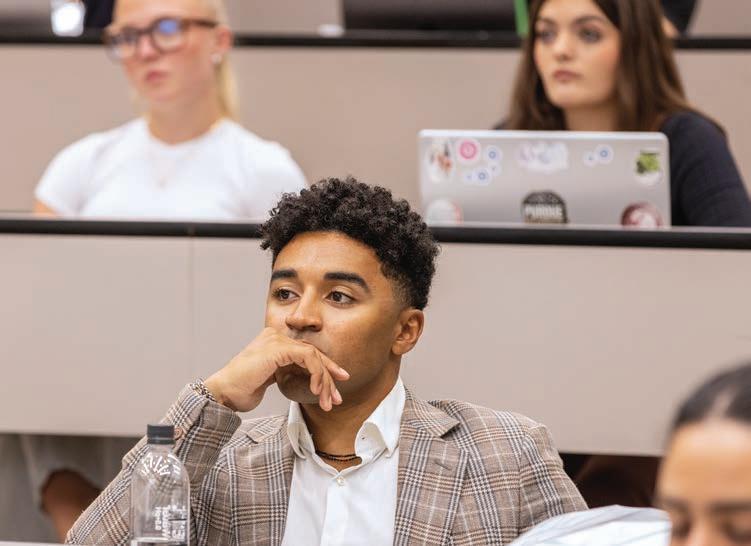
GLOBAL FOOD LAW
Established in 2011, Michigan State University’s Global Food Law Program continues the landgrant tradition of interdisciplinary education, preparing leaders to address complex challenges in food regulation. The program equips students with a deep understanding of food safety law and policy to make informed, effective decisions across international contexts.
As one of the nation’s premier land-grant and top 100 research universities, MSU leverages its global expertise and food-focused partnerships to deliver a practice-oriented online master’s program. Designed for professionals in food and agriculture, safety, law, and government, the program offers flexible, fully online coursework—supporting career advancement while maintaining a healthy work-life balance.
INDIGENOUS LAW AND POLICY CENTER
(ILPC) offers a nationally recognized Indigenous Law Certificate Program. It prepares students to practice Indian law by providing rigorous training in Indigenous law, policy, and practice, including Federal Indian Law and Tribal Law. The ILPC also operates the Indian Law Clinic, where students work on real-world Indian law issues for tribal governments. Students gain handson experience through research, writing, and policy development for tribal governments and organizations.
The program is recognized as a leader in Indigenous law education and its commitment
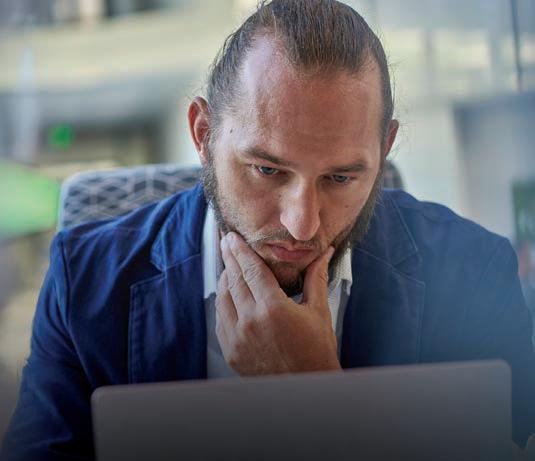
to strengthen tribal sovereignty and empower Indigenous communities.
Graduates of the Certificate Program are nationally known experts in Indigenous law. They work in various settings across Indian Country, including tribal governments, law firms, non-profits, and the federal government.
JD / MBA PROGRAM
Getting a joint JD/MBA degree at Michigan State University College of Law prepares you for the unique challenges — and opportunities — of practicing law in a corporate setting.
You will be well-positioned for success in business and law by combining an MSU Law JD with an MBA from the Eli Broad College of Business, which is ranked in the top 15 public business programs in the country.
The four-year program requires admission to each program independently. Visit our website to learn more about the application process. Both MSU Law and the Eli Broad College of Business award competitive funding to qualified applicants. Applicants to both programs should apply early for full consideration for available funding.
COMMUNITY MAKES THE DIFFERENCE
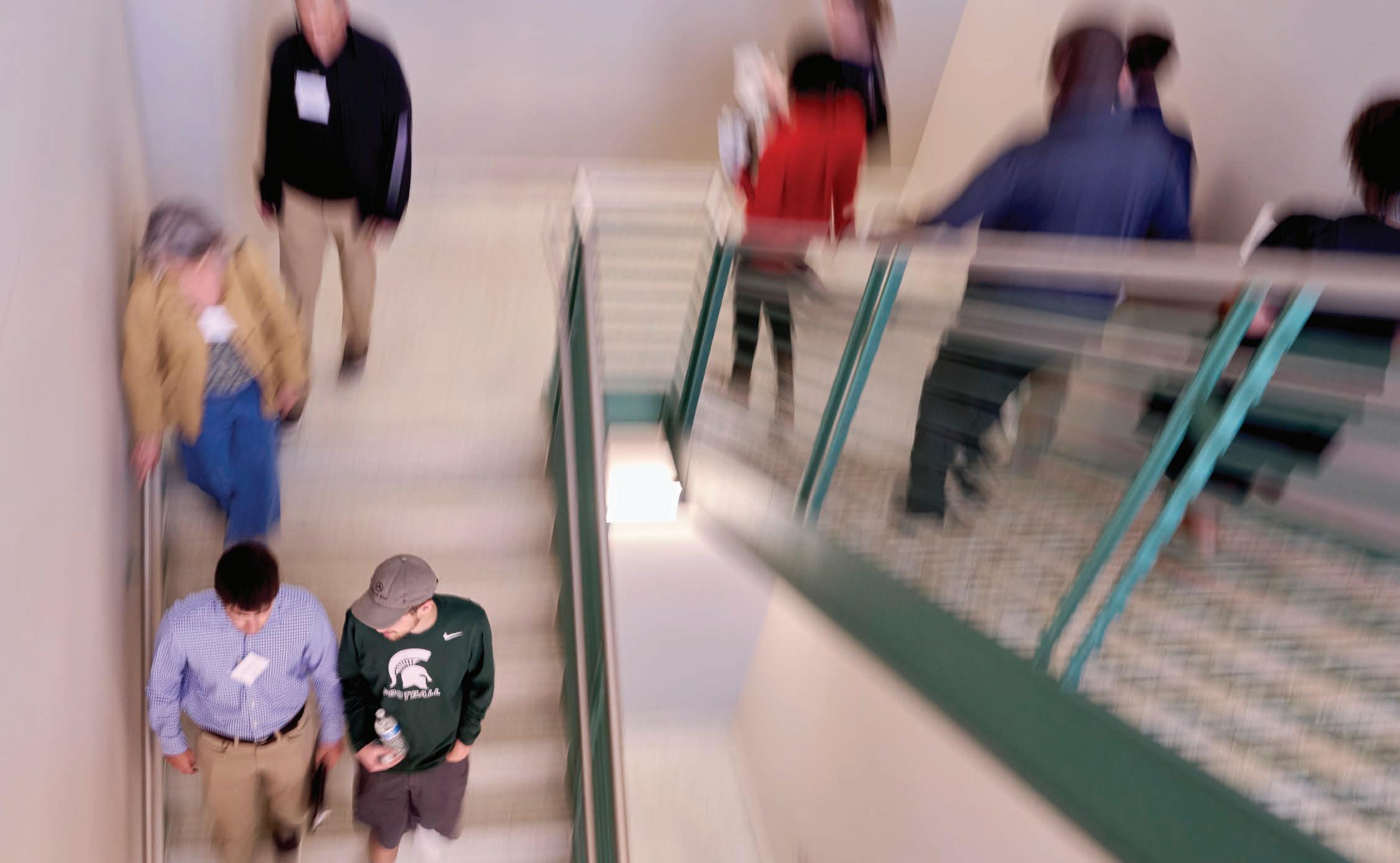
STUDENT ORGANIZATIONS
Some of the strongest connections MSU Law students build during their three-year journey come from making the most of student life and participating in one (or more) of the 40 impactful law Student Organizations. From advocacy and book clubs to community service initiatives and legal research groups, our Student Organizations serve as crucibles of personal and professional growth.

Here, you’ll build leadership skills, network with peers who share similar interests, cultural backgrounds, and career aspirations. You’ll contribute to meaningful community projects, debate policy questions, and pursue what matters to you most—all while making lifelong friendships.
An annual Student Organization Fair, hosted by the Center for Academics, Resources and Engagement, and held in early September, provides an opportunity to learn about each organization and meet the students who lead them.

The path to becoming a successful legal professional is about cultivating a well-rounded and enriching educational experience. When you join a student organization, you will transcend the classroom and delve into the diverse array of student interests and activities MSU Law has to offer.
— ABIJAH TAYLOR Assistant Dean for Student and Academic Affairs
THE ACADEMIC SUCCESS PROGRAM (ASP)
ASP partners with students to address the challenges of law school. Through workshops and one-on-one mentoring, the program equips students with the tools to become confident, independent learners.
First-year students are offered skills workshops on crucial topics such as exam-writing, synthesizing course material, outlining, note taking, study strategies, and time management.
New students also benefit from a weekly study group focused on strengthening critical skills. Here, students sharpen their skills in studying and testing, which is key to first-year success.
Peer mentors are available to all first-year students in small study groups or one-on-one consultations. Upper-class students lead small study groups drawing on their own experience and assisting with skill development and exam preparation.
Academic Success staff work closely with second-year students whose academic performance raises concerns about their mastery of first-year material or their ability to adopt strategies for succeeding in future courses.
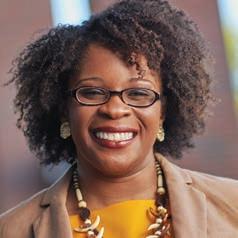
In my work with students, I define academic success as a student’s noticeable development in critical thinking, problem-solving abilities, and steady progress toward meeting traditional benchmarks during their law school journey.
— GOLDIE PRITCHARD Assistant Dean of
The scholarship our faculty produces jumps off the page. They publish in the most prestigious law journals including The Yale Law Journal , The California Law Review, The Cornell Law Review, The Virginia Law Review. And the list just goes on.
— DAVID BLANKFEIN-TABACHNICK Associate Dean for Faculty & Intellectual Life

FACULTY
A COMMUNITY OF LEADERS
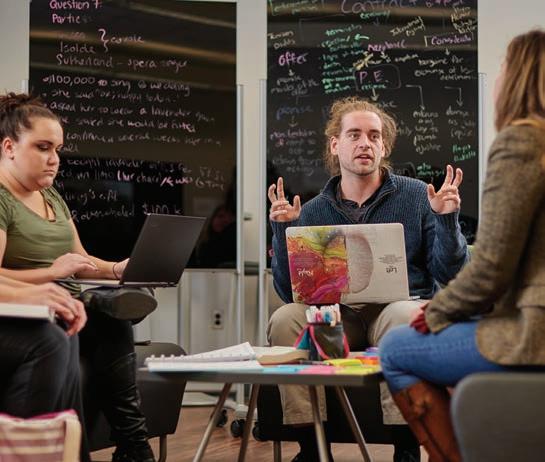
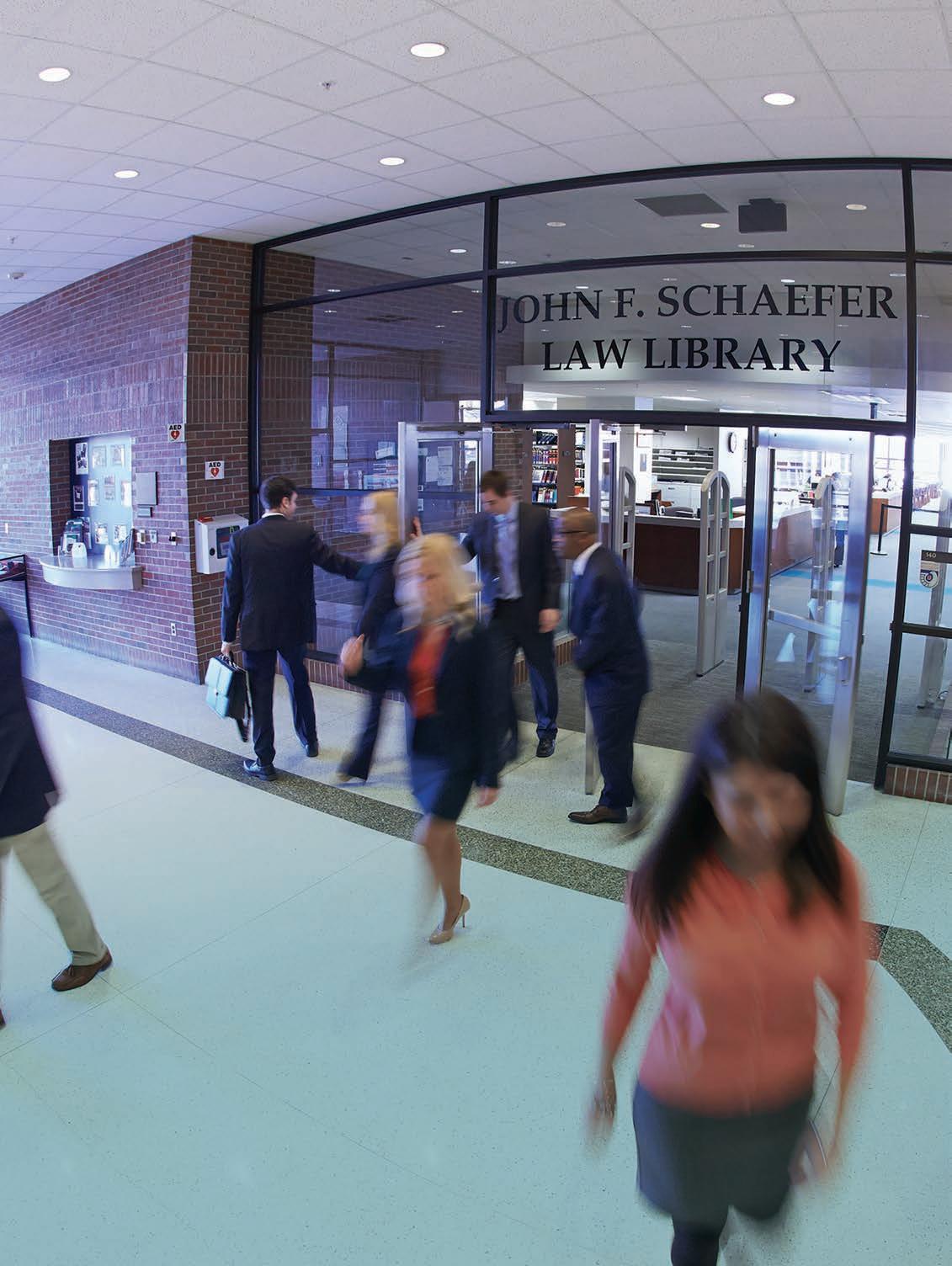
MSU Law is home to nationally recognized scholars who are passionate about preparing the next generation of legal professionals. As experts in fields that shape the everyday lives of Americans, our faculty don’t just teach the law—they help define it.
Through groundbreaking research, policymaking, advocacy, and media commentary, our professors influence legal thinking at the highest levels. A full 25% of our tenured faculty are members of the prestigious American Law Institute—more than any other law school in Michigan.
They’re also mentors. Coaches. Advocates. From your first class to your first job offer, MSU Law faculty provide the guidance, support, and insight that launch meaningful legal careers.
Many of our co-curricular offerings—like clinics, competitions, and journal—are built around faculty expertise, giving you direct access to thought leaders who publish in the nation’s top law journals and shape conversations about justice nationwide.
the Academic Success
Program
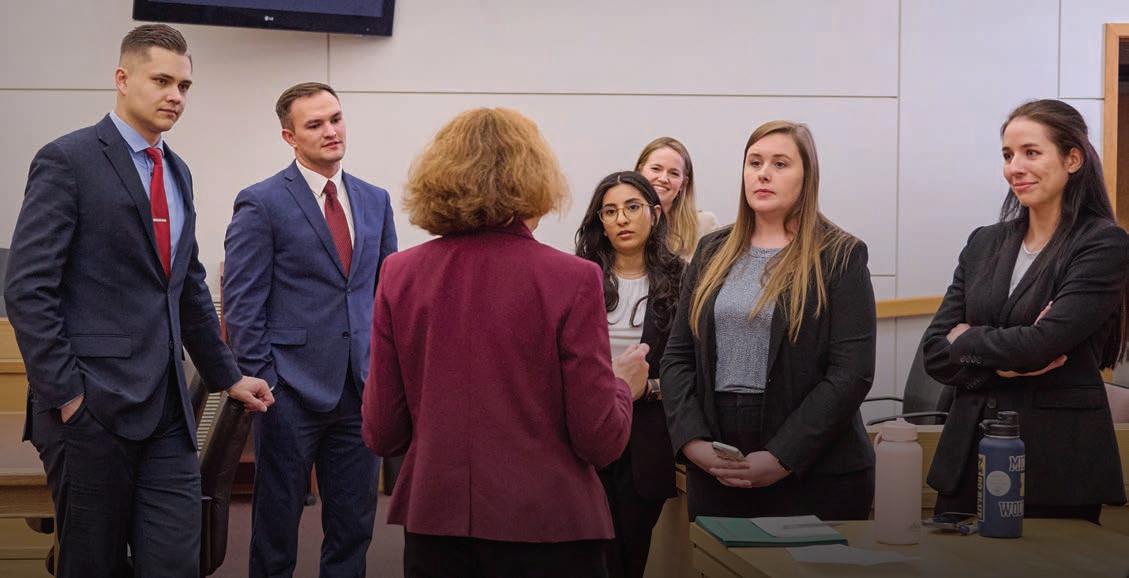
THE FIRST AMENDMENT
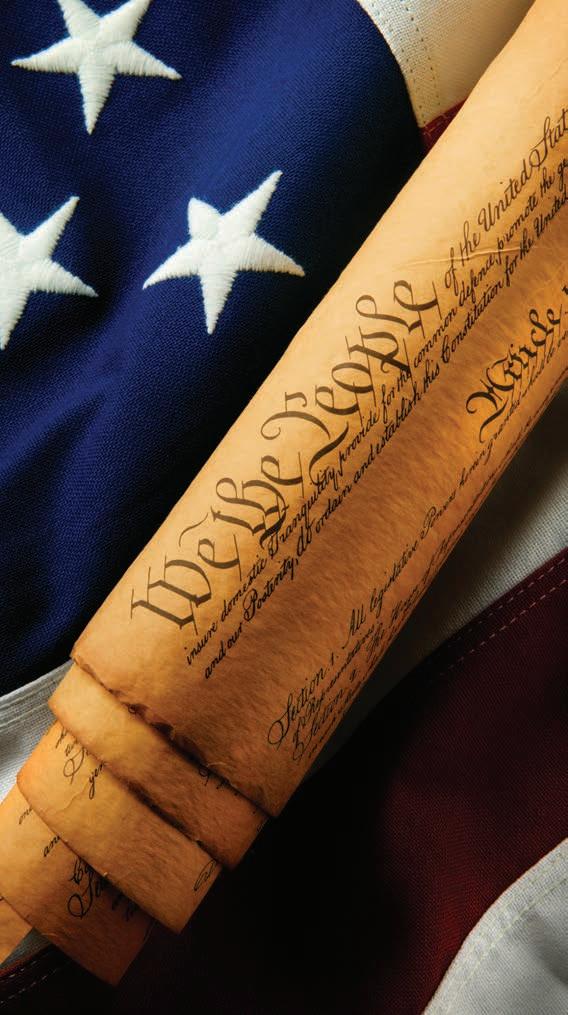
PROFESSOR NANCY COSTELLO is director of the First Amendment Clinic, the only clinical program in the country dedicated to the protection of students’ speech and press rights.
A former newspaper journalist, Professor Costello supervises programs in which MSU Law students teach First Amendment rights to high school journalists in Michigan; and Fourth Amendment rights to high school students in Detroit.
Professor Costello is also part of a legal research team for a project spearheaded by the Harvard University-based Strategic Training Initiative for the Prevention of Eating Disorders.
The program was launched in 2009 and is based at the Harvard T.H. Chan School of Public Health. Professor Costello is a collaborative member on the project with the goal of building a transdisciplinary training initiative that will generate professionals with the depth and range of expertise and skills needed to take on the challenge of eating disorders prevention.
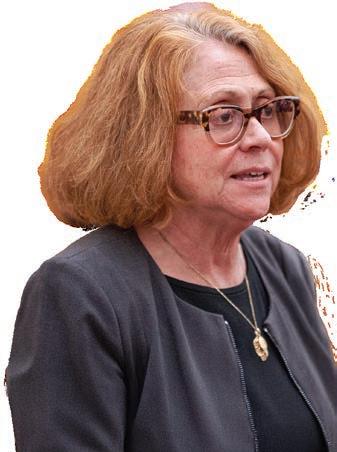
IMMIGRATION LAW
PROFESSOR VERONICA THRONSON , director of Immigration Law Clinic, is one of the country’s foremost experts on immigration law. Her research, writing, and commentary are cited by journalists, lawyers, and legal academics around the country.
She speaks to college students and faculty around the country on Immigration Law.
In September 2024, Professor Thronson was named Light of Liberty Attorney of the Year by the Pennsylvania Immigration Resource Center. She was a visiting professor at Penn State Law in 2023-24 academic year.
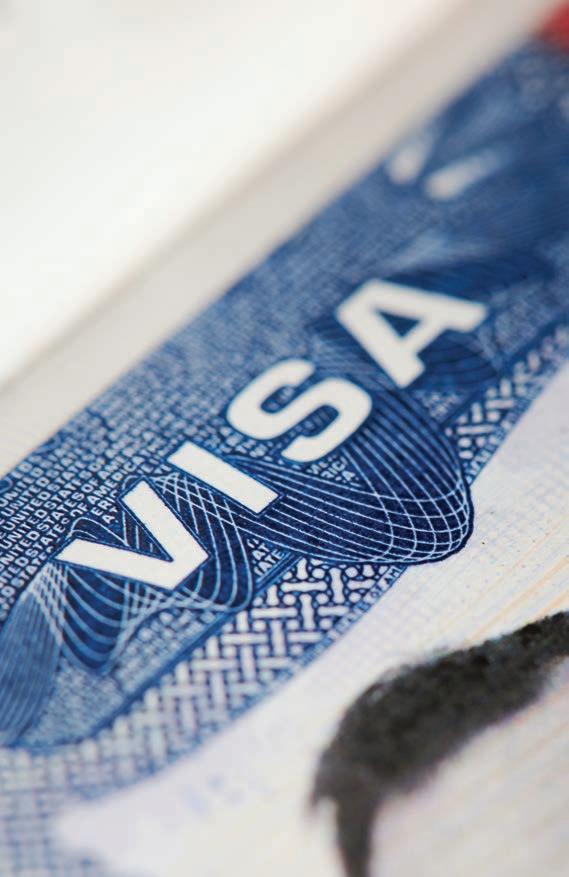
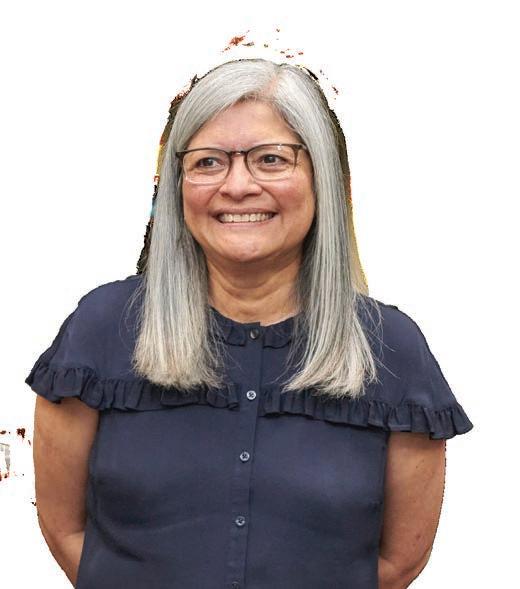
INDIGENOUS LAW
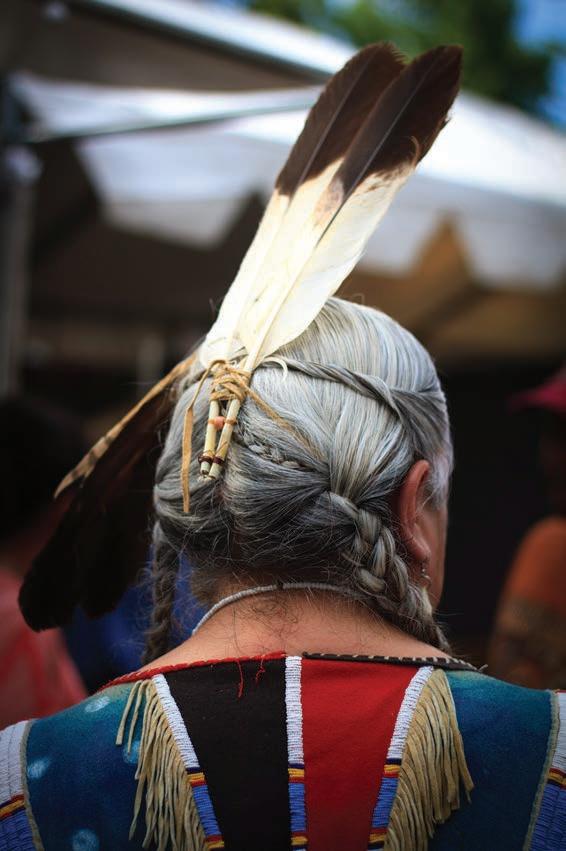
The issues facing indigenous peoples in Michigan, around the country, and around the world have grown in notoriety and scope. MSU College of Law is a nationally recognized defender of these rights, especially for Native Americans.
The Indigenous Law and Policy Center, under the direction of PROFESSOR WENONA SINGEL , is one of the few—and oldest—nationally recognized indigenous law certificate programs at law schools in the U.S. Indigenous Law is at the frontlines of many social issues facing society today: environmental protection, child welfare, cultural preservation, economic development, and civil rights.
The certificate program immerses students in the principles, history, and contemporary challenges of Federal Indian Law and Tribal Law. Graduates of the program are prepared to serve Native communities with necessary legal knowledge and cultural humility this work demands.
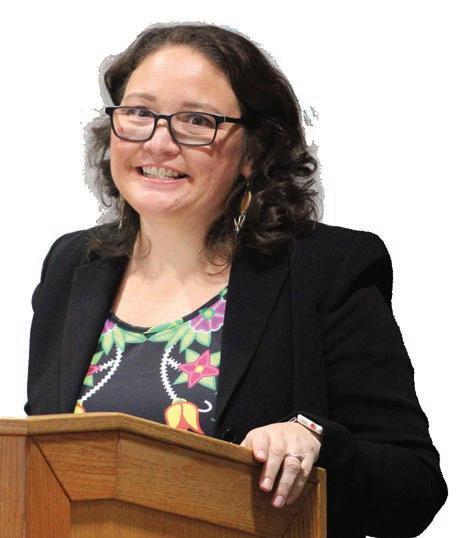
THE LEGACY OF SLAVERY

PROFESSOR JUSTIN SIMARD studies and tracks the continuing influence of the law of slavery on modern American law. This work recognizes the legal profession’s history of legitimizing slavery through commercial practice.
His groundbreaking scholarship, The Citing Slavery Project, led to a rare between editions change in The Bluebook: A Uniform System of Citation (rule 10.7.1) in 2021, and continues to be quoted widely in national print and on-line news outlets.
As a nationally known historian and legal expert, Professor Simard is regularly invited to speak to members of the bar and bench about the detrimental legacy of slavery on the legal field. He and his student researchers work with Detroit area high school teachers to develop curriculum for history and social studies classes.

ALUMNI
RACE AND JURY SELECTION
PROFESSORS BARBARA O’BRIEN and CATHERINE GROSSO have been studying the impact of race on jury selection in criminal trials for more than a decade. Their findings were cited extensively by the court granting relief under the Racial Justice Act in the January 2025 decision in State of North Carolina v. Hasson J. Bacote.
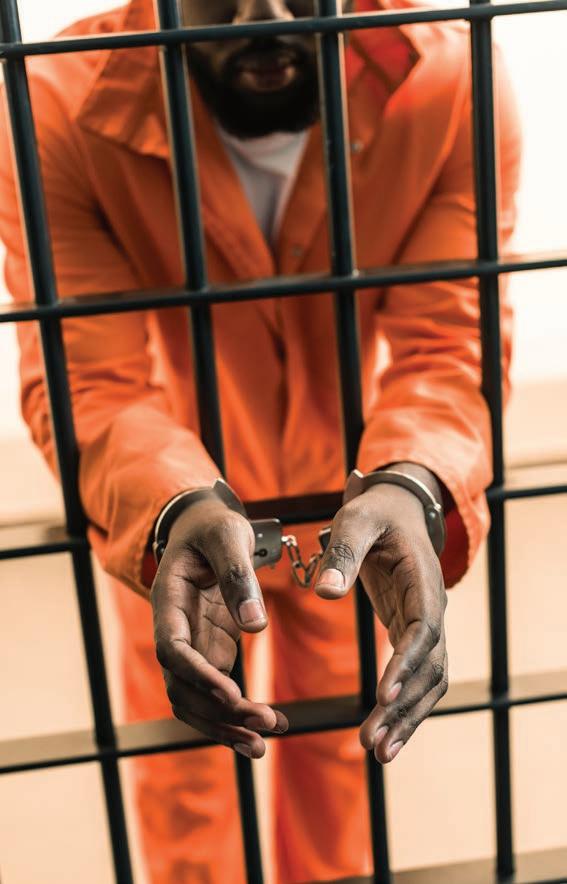
WRONGFUL CONVICTIONS
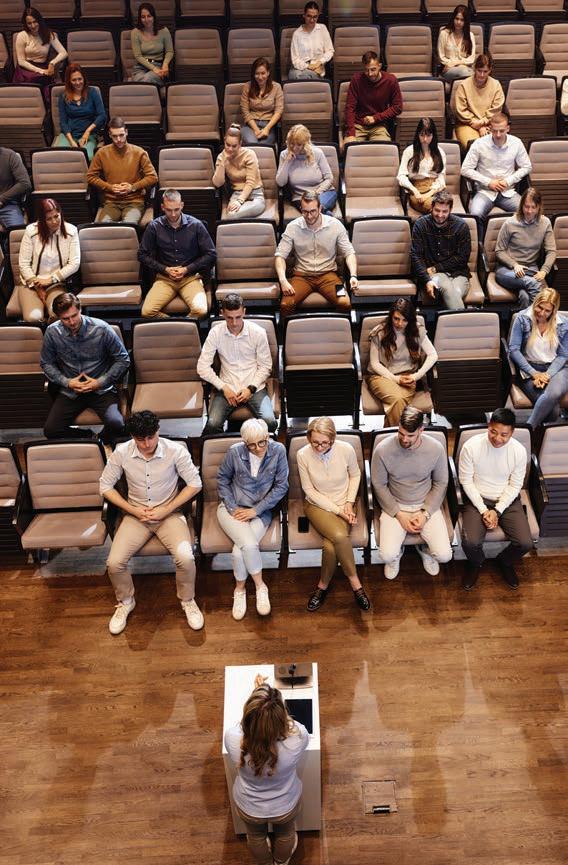
PROFESSOR BARBARA O’BRIEN is editor of the National Registry of Exonerations and tracks trends in wrongful convictions. The registry’s 2024 report found 147 people were exonerated in the U.S. after losing an average of 13.5 years of their lives to imprisonment for crimes they did not commit. Race played a major role, with 78% of the exonerees being people of color.

When you attend MSU Law, you are supported by an engaged alumni network of MORE THAN 13,000 LIVING SPARTAN LAWYERS.
Our alumni, regardless of how recent or long ago they graduated, are generous with their time as well as their financial support. They volunteer to help prepare students for moot court competitions and employment interviews.
They encourage long-term friendships with mentoring and professional guidance. They host alumni networking social events. Their partnership makes a meaningful impact on MSU Law, its students, and recent graduates.
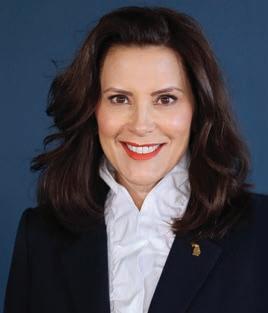
MSU Law prepared me well for my career in the legislature, as a county prosecutor, and as governor. But most of all, it helped me find my voice. From my time on the law review to handling cold calls in corporations class to earning a Book Award, MSU Law helped me think critically and engage with the issues and ideas that matter.
— GRETCHEN WHITMER, ’98 Governor of Michigan
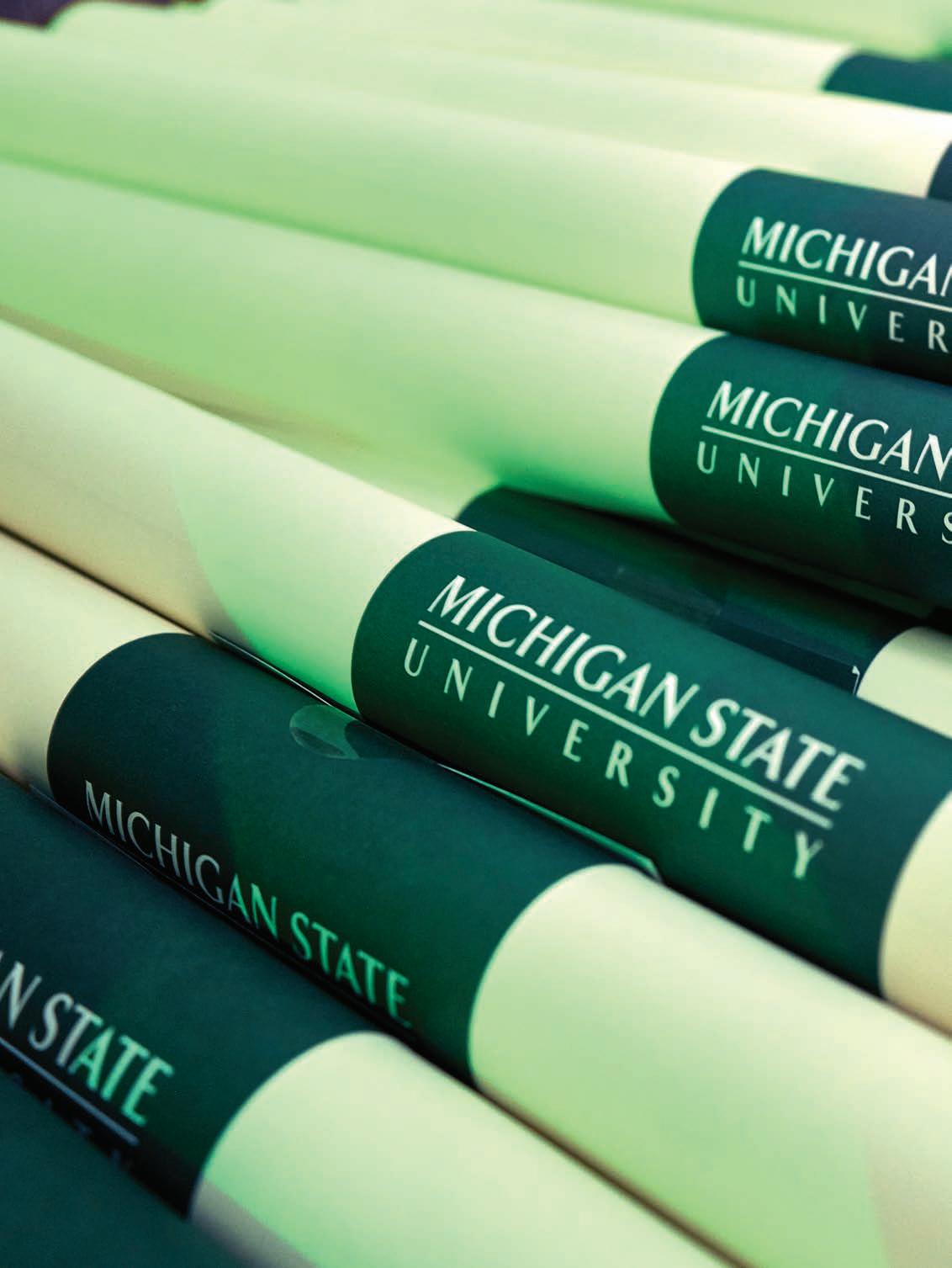
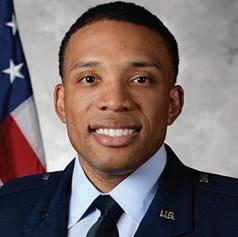
An MSU Law degree has allowed me to practice law on behalf of the U.S. Air Force and advise our service members and their families in an array of areas of law. Without the training and opportunities I received at MSU Law, I don’t think I would have felt as prepared as I did to serve our men and women of the armed forces as a Judge Advocate.
— MAURICE CHEEKS, ’18 Deputy Staff Judge Advocate, Special Operations Command, Africa
CATHERINE GROSSO
BARBARA O'BRIEN
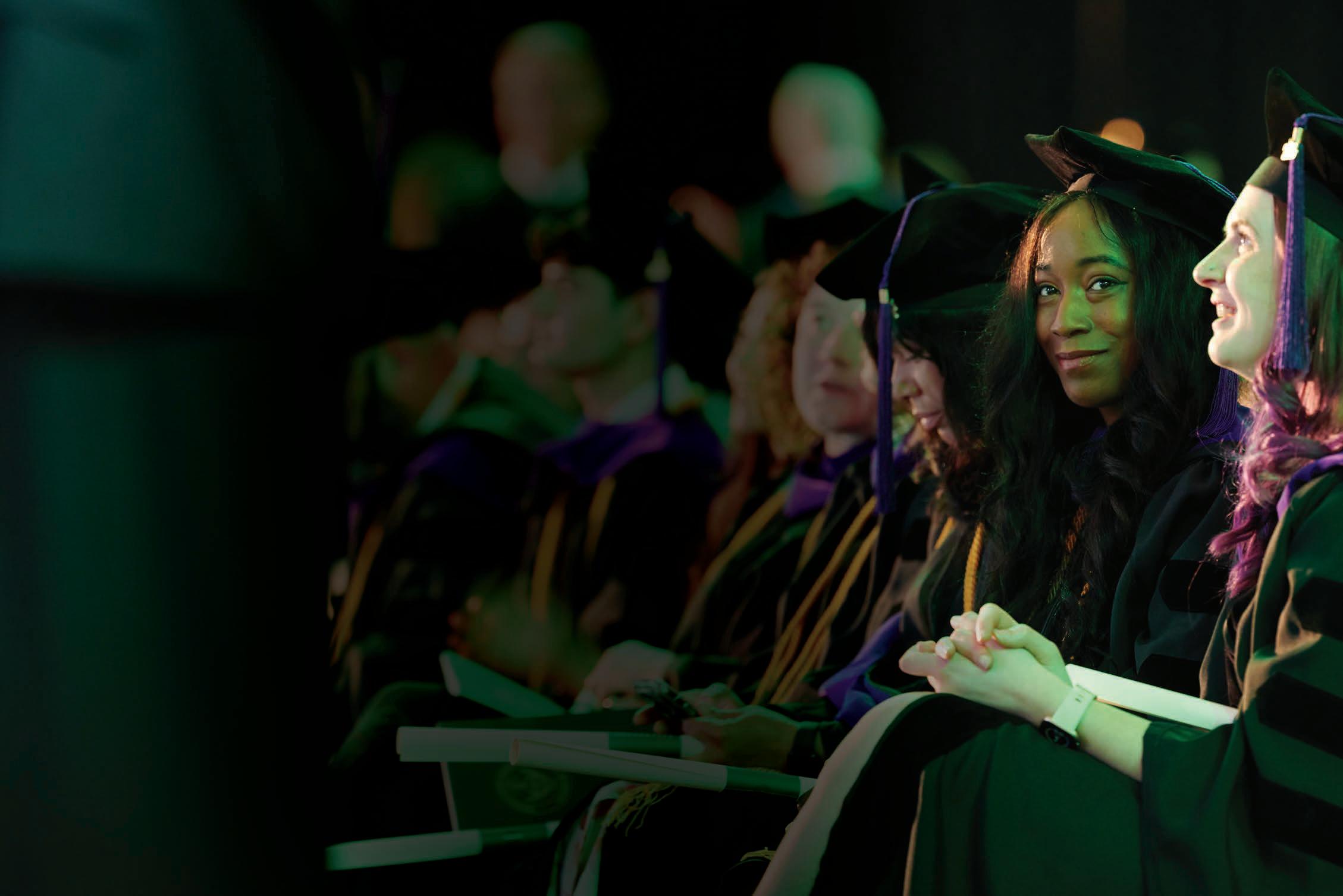
MSU Law provided me with both a solid foundation for my career in civil litigation and an excellent professional network, which have been beneficial for years after graduation.
— VICTORIA FERRIS, ’14 Partner, Fletcher, Fealko, Shoudy & Francis, PC
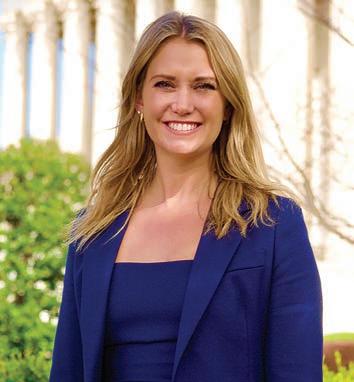
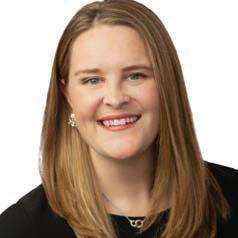
Pursuing an advanced degree or a law degree is an important part of your life. And if a student is stressed financially while trying to navigate the challenges of law school, it can be difficult to succeed. My husband and I wanted to help take a layer of stress off of students and make an impact
— COLLEEN GOMOS, ’07 Partner at Seyfarth Shaw LLP
At Seyfarth Shaw LLP’s headquarters in Chicago, Gomos leads its corporate team and commercial contracts and outsourcing team nationally. She’s been with the international law firm since 2012 and has practiced in the Midwest since earning her law degree.
In 2022, Gomos and her husband established the Colleen and Fred Gomos Scholarship fund to help current and future students through the rigors of law school.
MSU Law helped shape me into the kind of lawyer I set out to become: someone who leads with purpose, fights for justice, and stands alongside communities. The real-world advocacy, mentorship, and commitment to service I experienced there pushed me to think harder, work smarter, and stay true to the values that brought me to the law in the first place.
— JEREMY ORR, ’16 Director of Litigation & Advocacy Partnerships Earthjustice; MSU Law Adjunct Professor
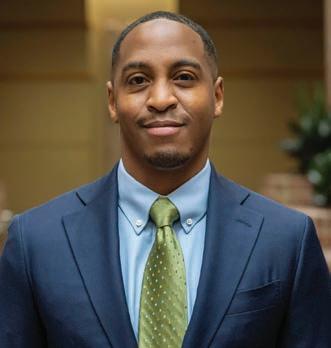
BIG MSU
A COMMUNITY OF LEADERS
Campus: Explore it all, from Big Ten sports and world-class museums to botanical gardens and one of the nation's largest residential living communities.
IMs: Recreational Sports and Fitness Services offers students, faculty and staff the opportunity to participate in many Intramural Sports and activities on a competitive and recreational level. All skill levels are welcome. There are over ten team sports with many special events and tournaments offered each year.
New IM Building: Opening in May 2026, the new 3-story facility will have MSU’s first indoor rock-climbing wall, along with a nature center which will rent outdoors equipment like kayaks, tents and canoes.
The Wharton: Located on the campus of Michigan State University, Wharton Center for Performing Arts brings the best of touring Broadway and performing arts to Mid-Michigan.
State Capital: MSU Law is also located just minutes from Michigan’s state capitol, so our students can work at government externships throughout the school year.
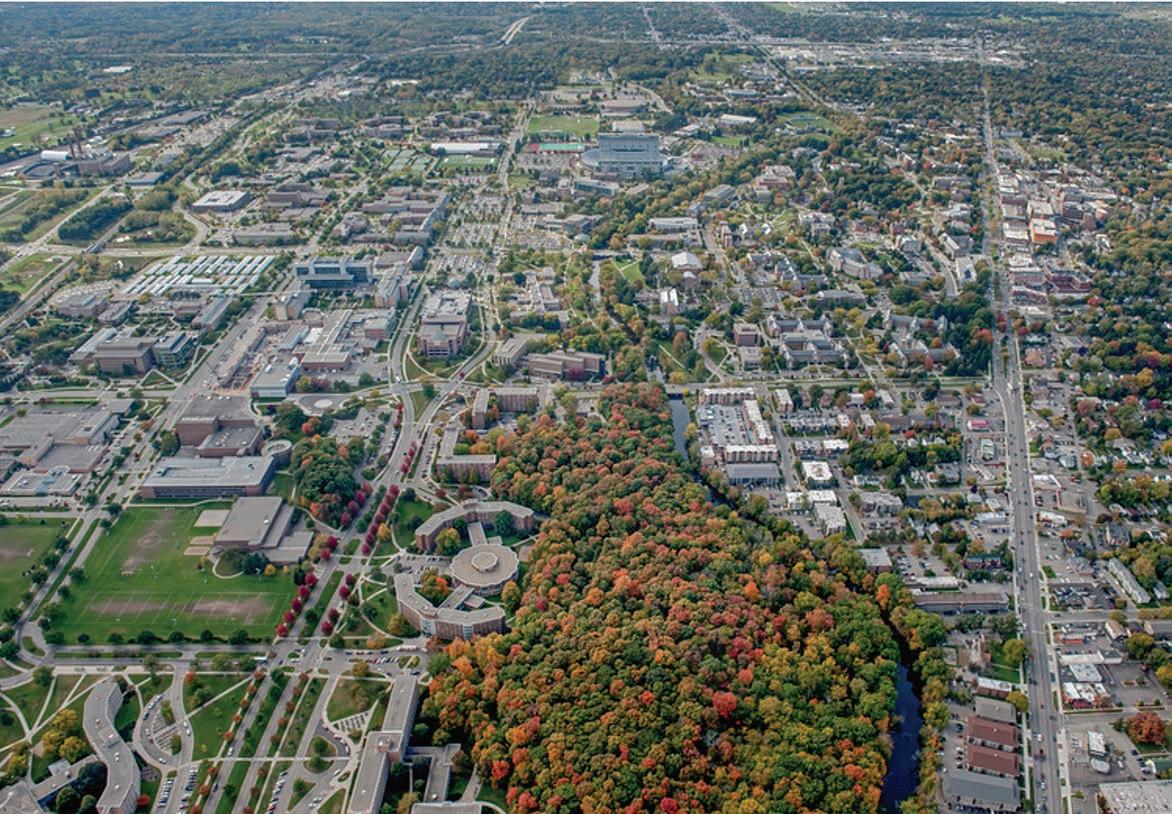


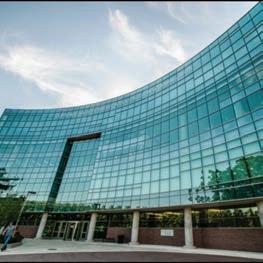
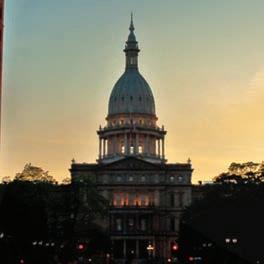
Michigan State University College of Law is on the move. THIS IS OUR TIME.
We’re thrilled you’re considering Michigan State University for your legal education. Choosing a law school is a significant decision, and MSU Law offers an unparalleled experience. Here, you’ll be challenged, changed, and supported every step of the way.
At MSU Law, you’ll engage with world-class faculty, collaborate on real-world cases, and join a vibrant community with numerous student organizations. Our top-ranked experiential programs, like our moot court and clinics, will provide hands-on learning that will shape your journey. By graduation, you’ll have the skills and confidence to excel in your career and make a meaningful impact.
Choosing MSU means joining an inclusive community backed by over 500,000 Spartans –including 13,000 law alumni – ready to support your success. Our leadership team, faculty, and staff are dedicated to helping you thrive, offering mentorship, and guidance. From your first day, you’ll have access to our dynamic community, eager to help you achieve your dreams.
We are optimistic that you will choose MSU for your law school education. Together, let’s dream big and make a difference.
Go Green!

Distinguished Professor of Law
Michigan State University College of Law
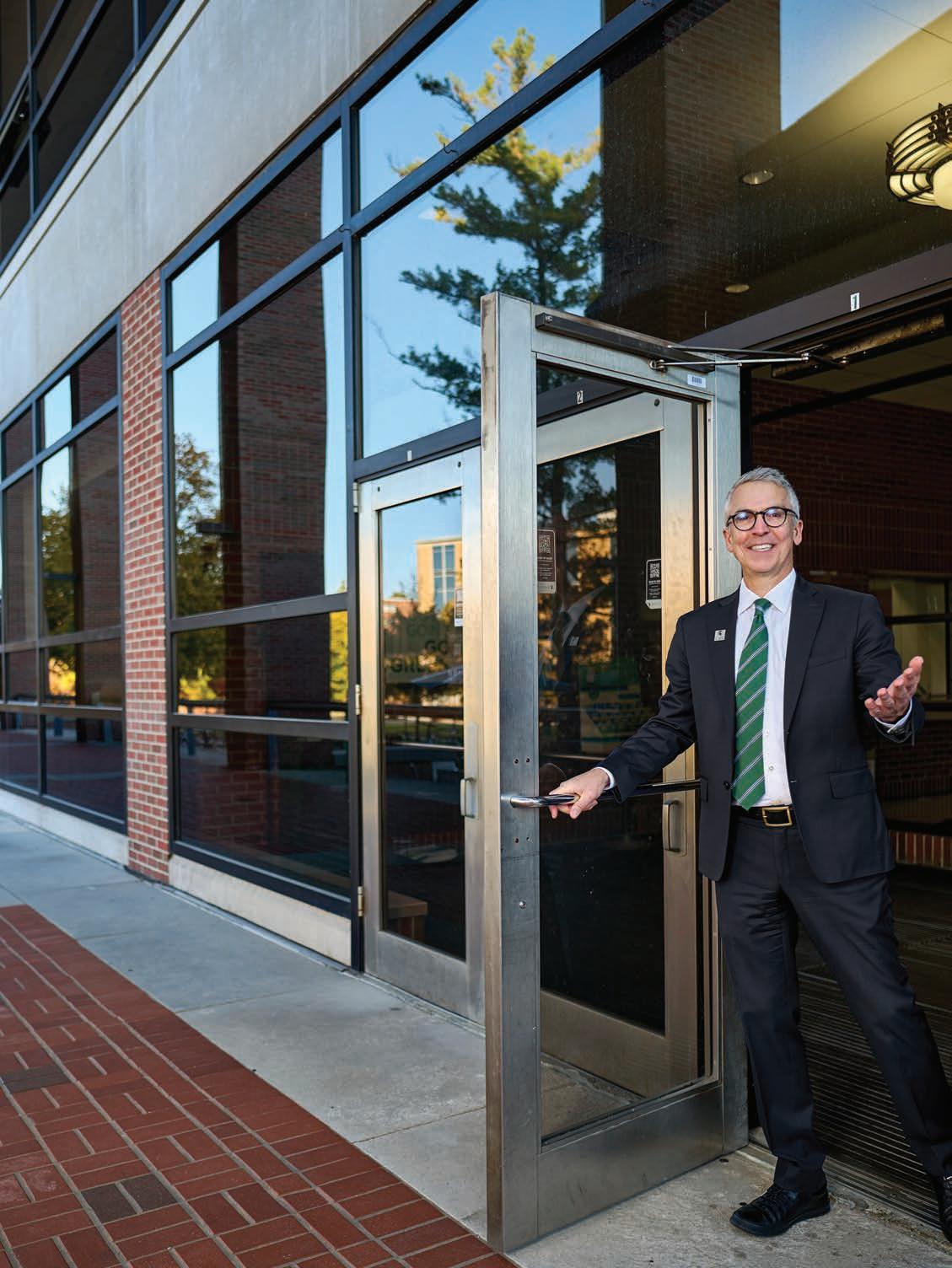






BECOME A S PART AN OF JUSTICE


